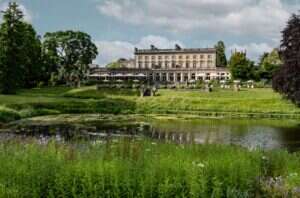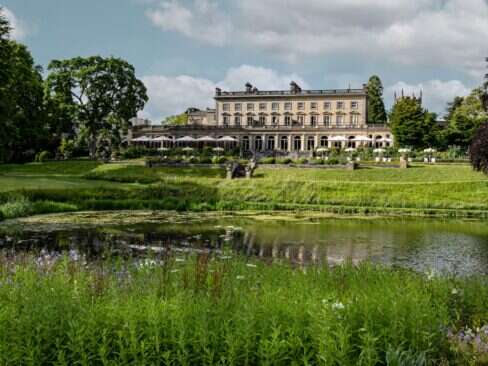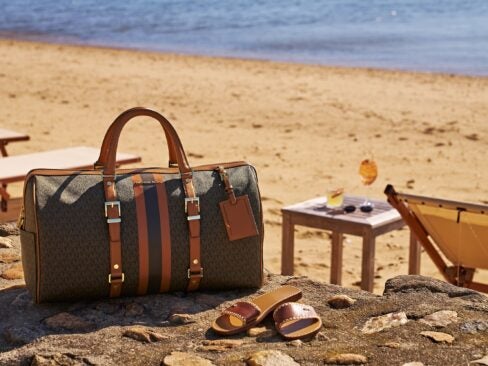 New York, New York – Reported by Elite Traveler, the private jet lifestyle magazine
New York, New York – Reported by Elite Traveler, the private jet lifestyle magazine
After a quiet introduction into the US market, Lanson, the world’s fourth-oldest French Champagne house, is gearing up to make a splash with their prized authentic Champagnes this year.
Lanson was founded in 1760 in France’s legendary Champagne region. It has long been a top-selling brand around the world, and is one of the best-selling brands in the United Kingdom, the largest champagne market outside of France. Lanson’s finely crafted French Champagnes are now available to American consumers, offering the unique benefit of traditional Champagne production methods, where malolactic fermentation is suppressed, producing champagnes with exceptional purity of fruit and mouthwatering freshness.
Lanson is introducing two varieties of its authentic French Champagne in major U.S. markets, including:
Lanson Black Label: Lanson Black Label Brut is made predominately from the Pinot Noir varietal, with a fragrant and crisp nose and ripe fruit and delicate citrus on the palate. This bright, expressive wine is perfect for toasting or serving as an aperitif, and the elegant Black Label and distinctive bottle add flair to any feast.
Lanson Brut Rose: Lanson Brut Rose is deliberately delicate with a pale salmon color married to aromas of roses and delicate red berries. On the palate, the first impression is tender, well-rounded and pure, opening to harmonious balance and good length on the finish.
Also available in select markets are Lanson Ivory Label Demi Sec and Lanson Gold Label Brut 2002 (vintage).
In addition to their significantly lower prices for Champagnes that compare favorably to the best known brands, what sets Lanson apart is its traditional non-malolactic fermentation. Before the 1950s, most top-quality French Champagnes were made this way, until several major houses shifted to the more expeditious malolactic fermentation, which saves aging time and gives the wine a completely different flavor profile. Non-malolactic fermentation results in a more fruit-driven wine, where purity of fruit and the mouthwatering experience makes for the perfect aperitif Champagne. Rather than accelerating the aging process, Lanson Champagnes are first aged slowly in chalk cellars and then, after they are bottled, non-vintage blends are cellared for no fewer than three years, while vintage blends age a minimum of five years. The longer aging process allows the champagne’s flavors to evolve more fully, resulting in elegant champagnes that retain a purity of fruit, have crisp, clean, fresh flavors and the ability to age gracefully. Lanson recently added disgorgement dates to their bottles to back up their commitment to quality and to help consumers understand more about the wine they are drinking.










